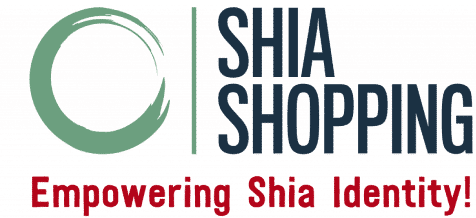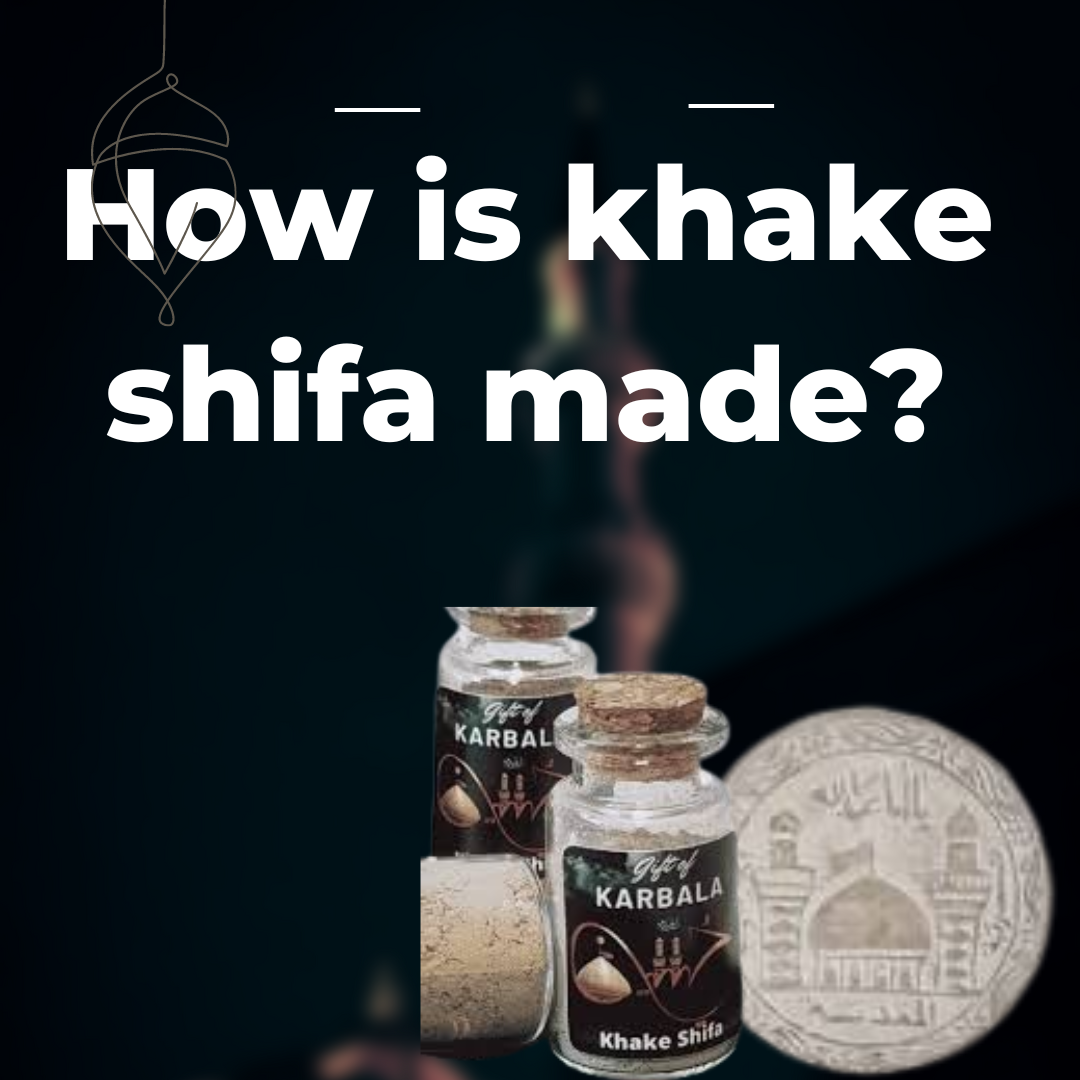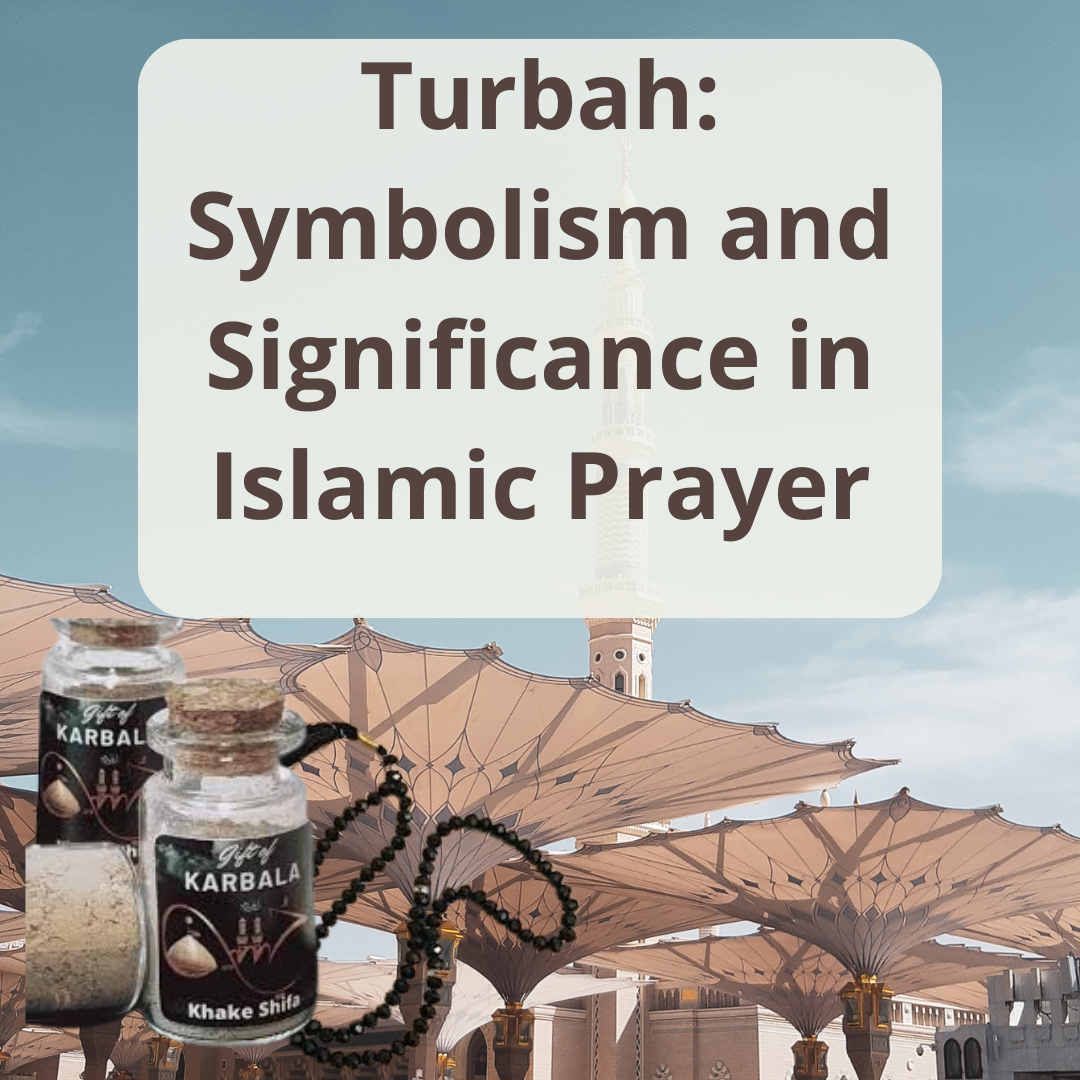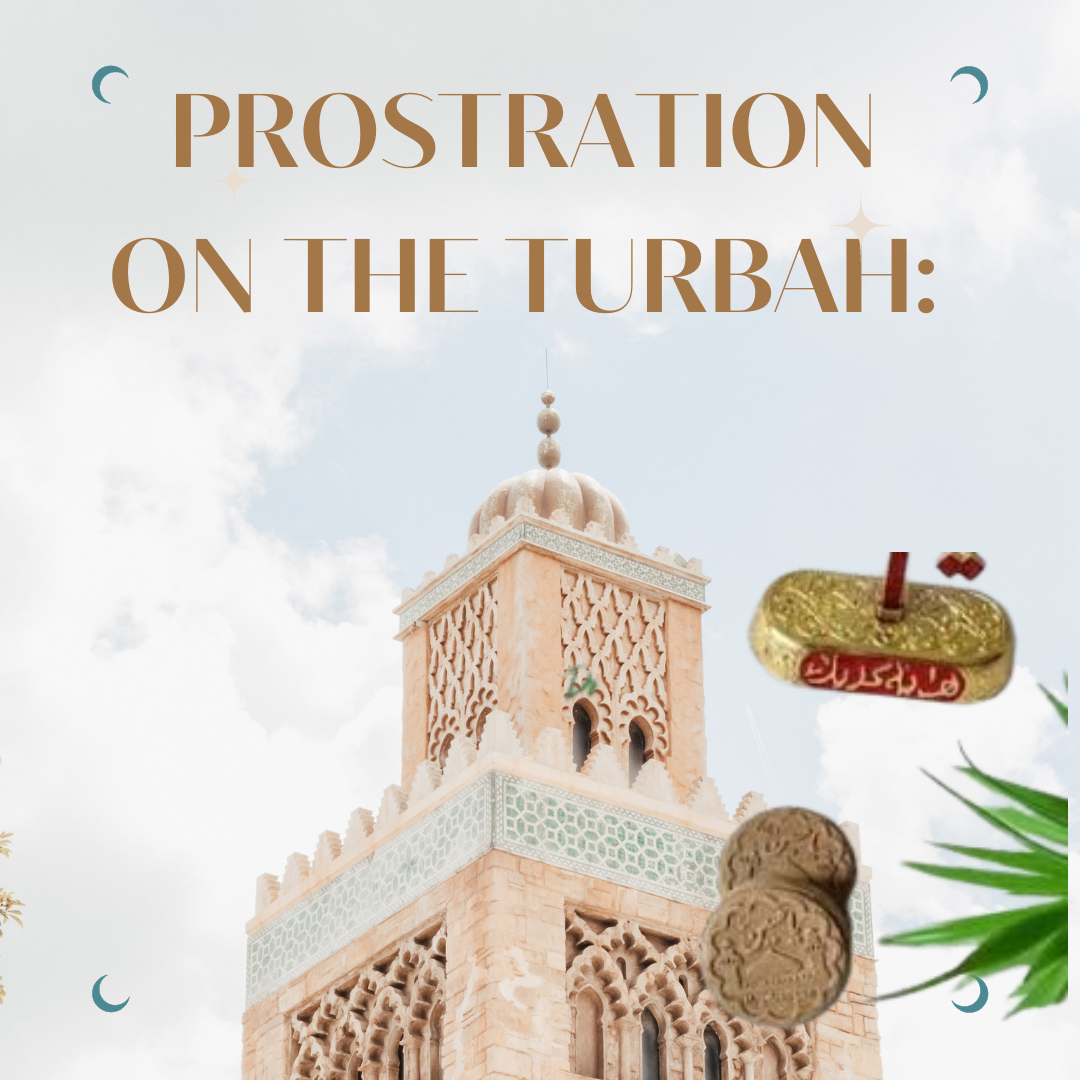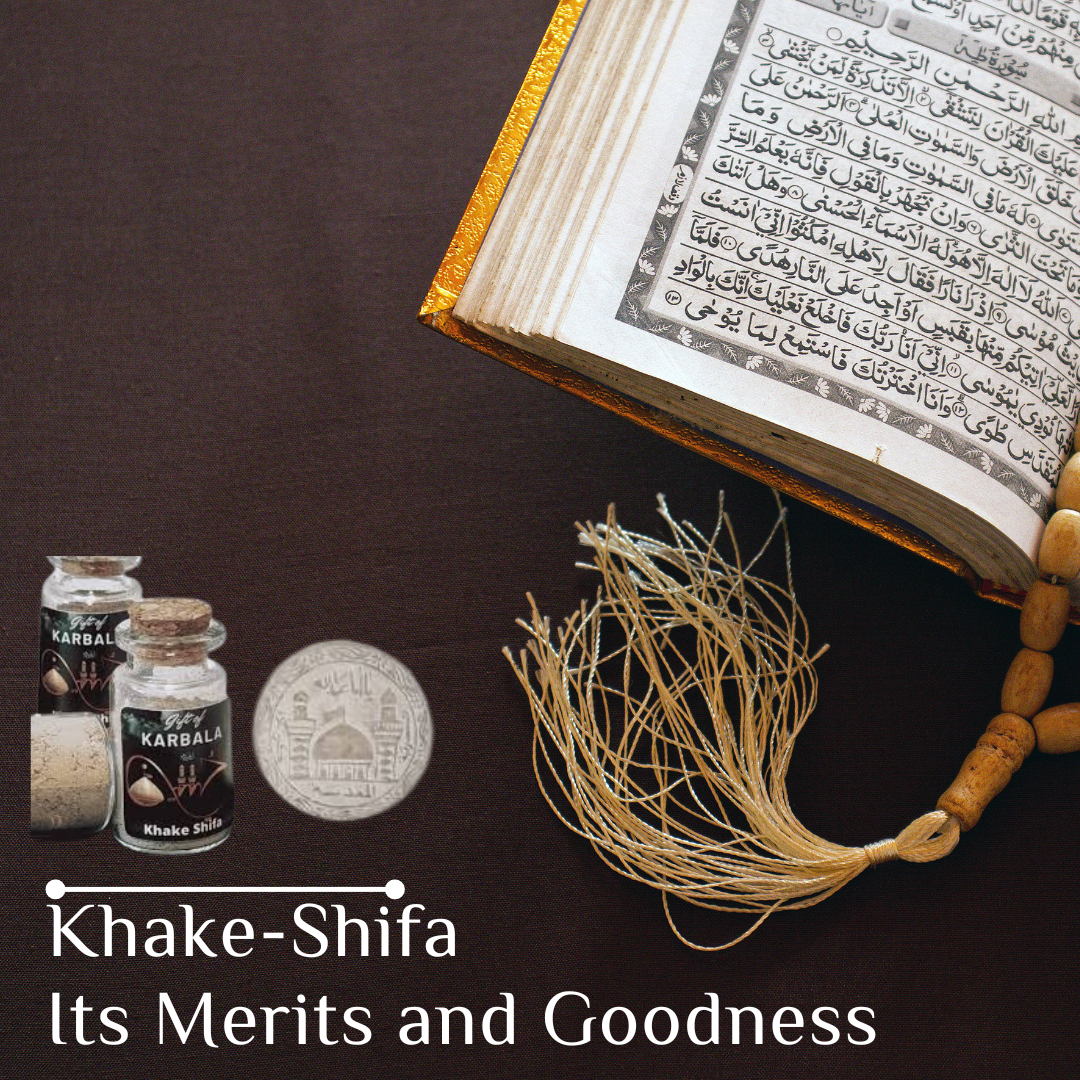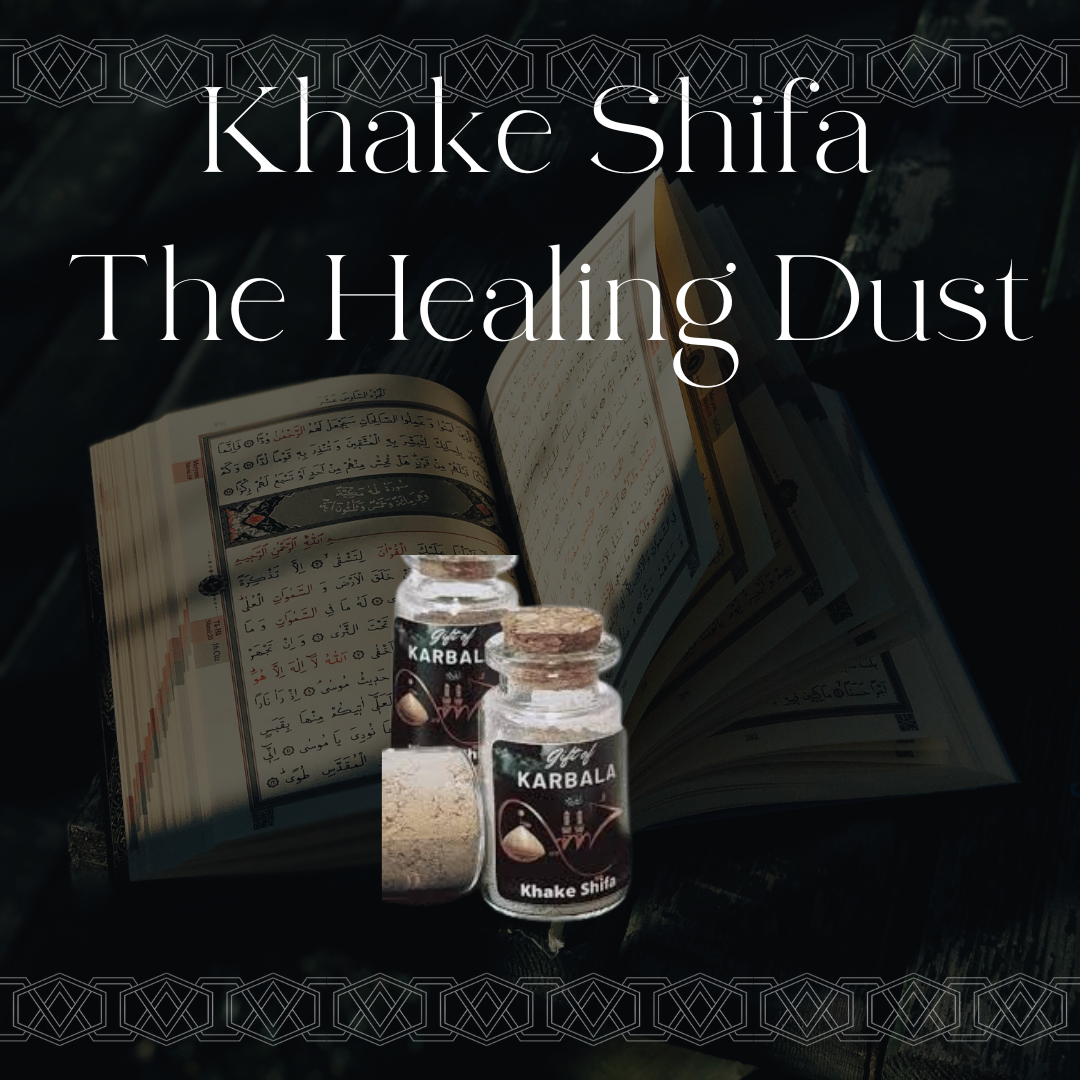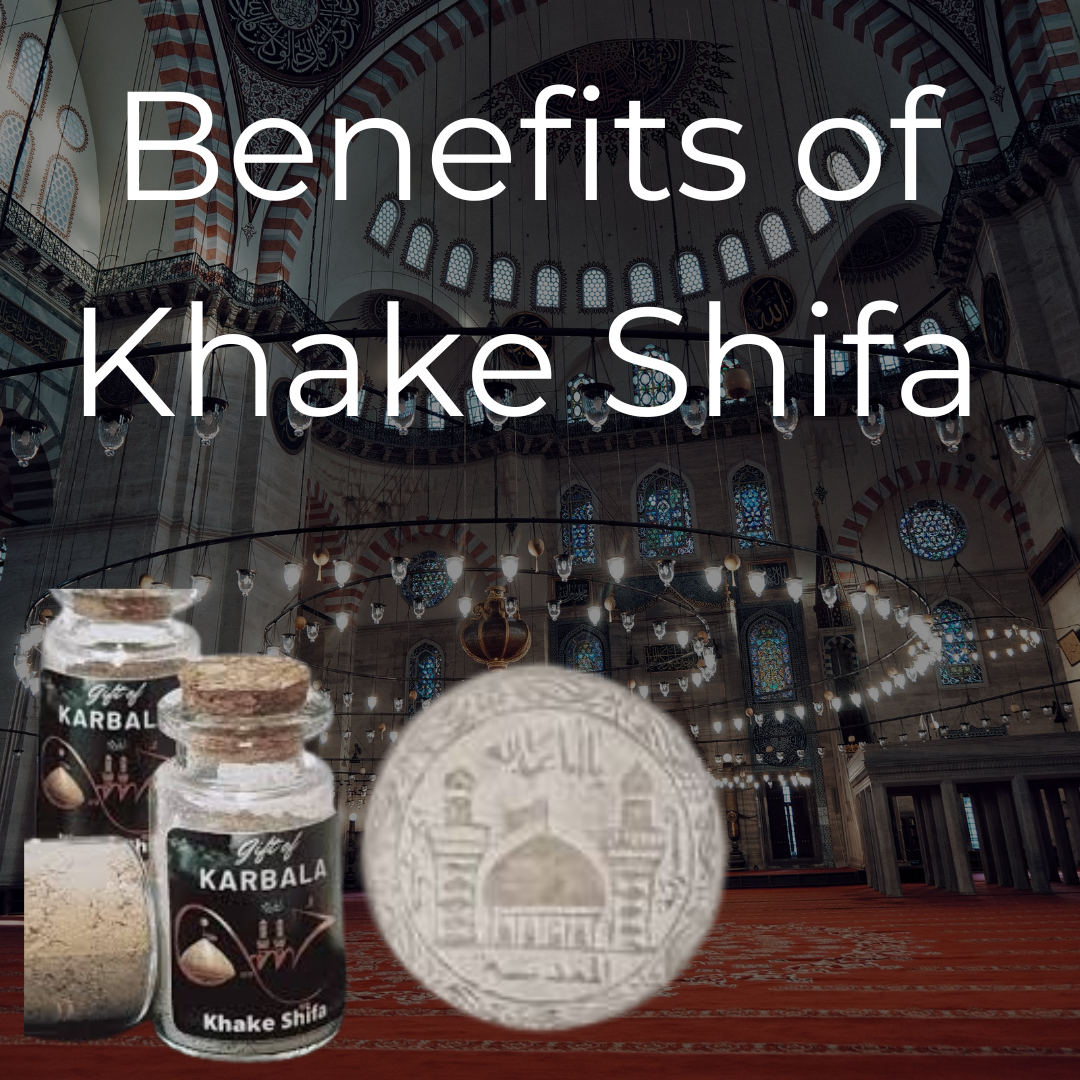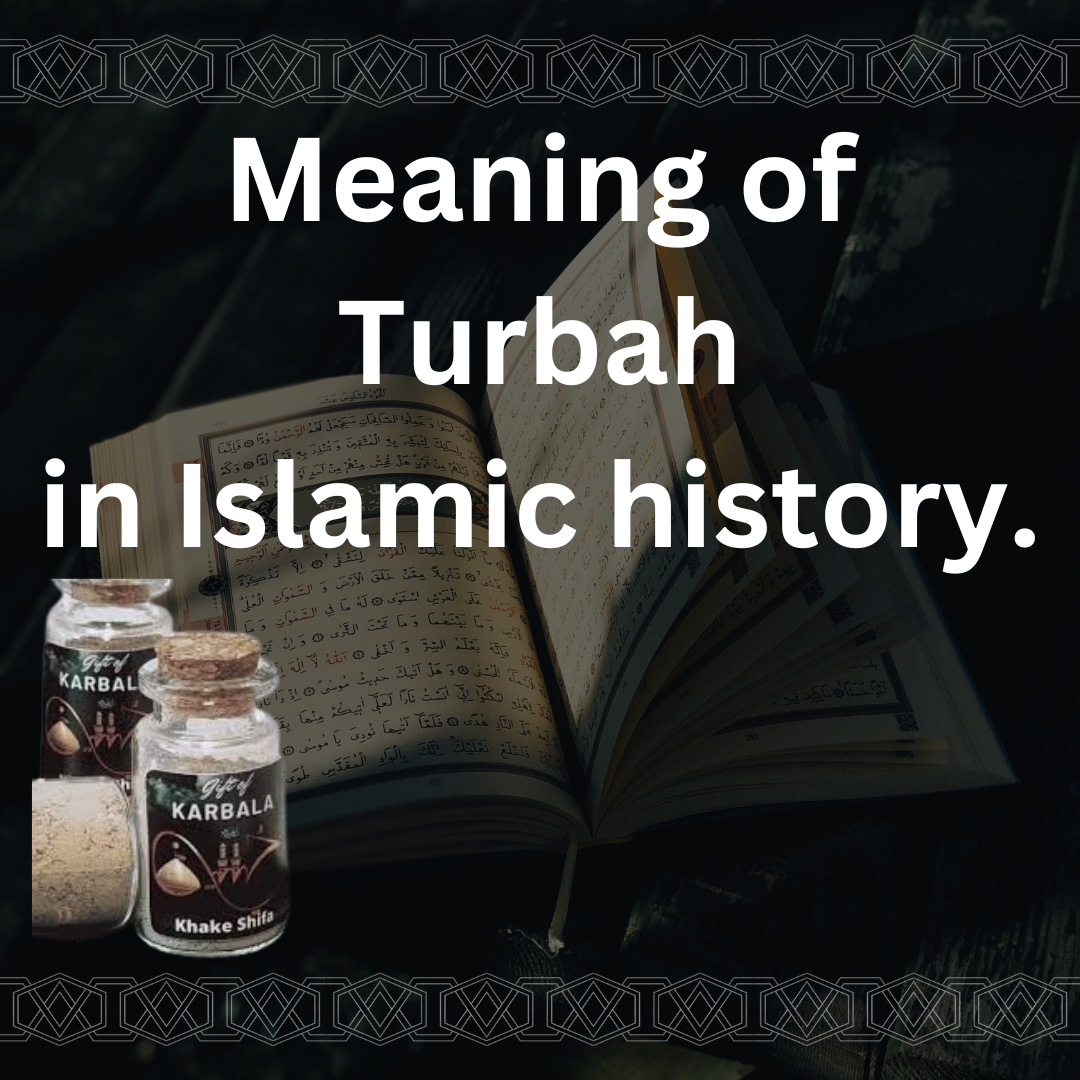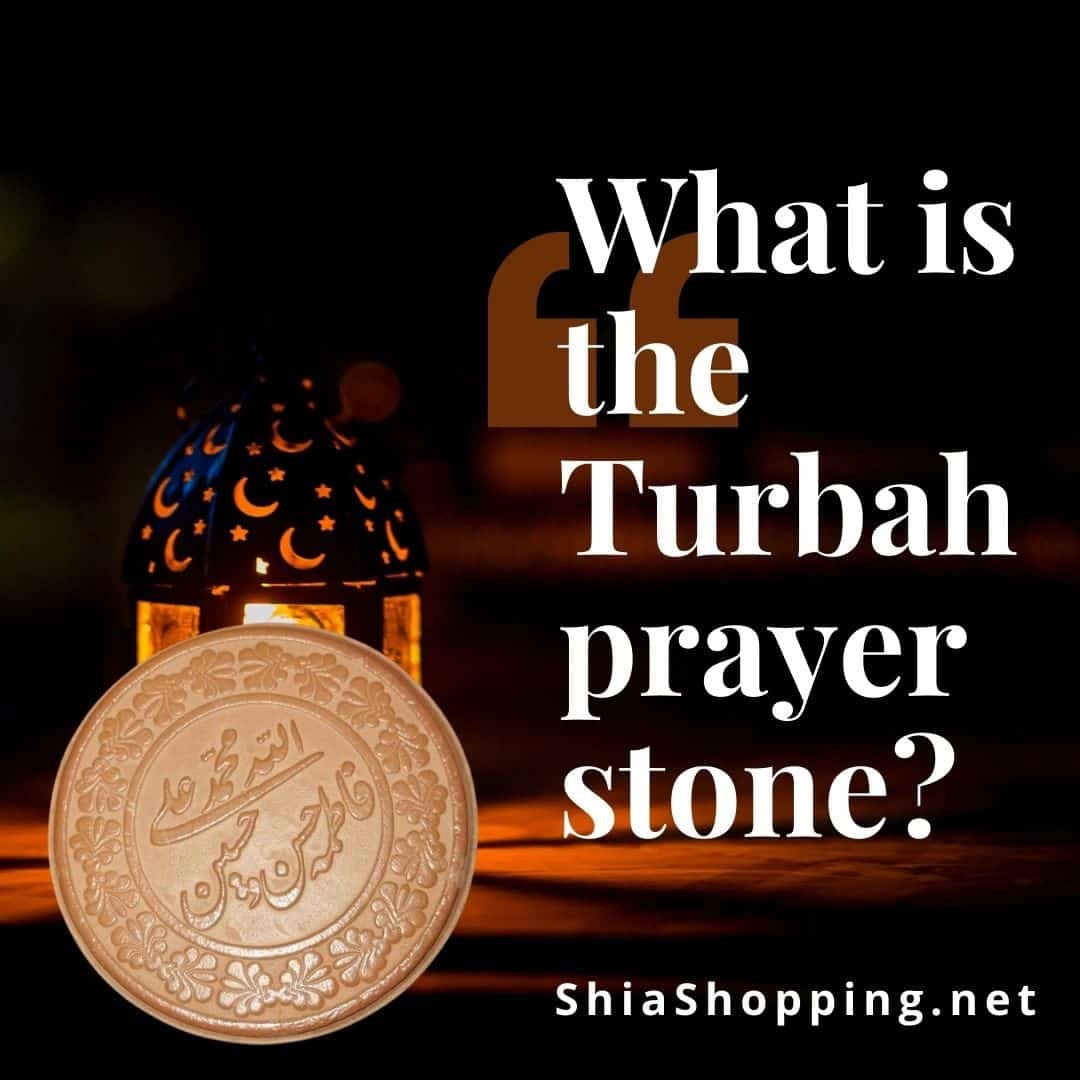**Khake Shifa: The Healing Dust**
In the arid regions of Iran lies “Khake Shifa” – the healing dust. Legend has it that a Sufi mystic, Khwaja Ahmad-e Khidr, discovered it while wandering the desert. This mystical powder possesses extraordinary healing properties, curing various ailments. Collected from specific desert locations and undergoing purification rituals, Khake Shifa is available in powders, ointments, and capsules. Though scientific evidence is limited, anecdotal accounts continue to fuel interest. Khake Shifa is not just a medicinal substance but a symbol of tradition, faith, and heritage, deeply ingrained in Iranian culture, literature, and spirituality. Its enduring legacy offers hope and comfort to believers.

